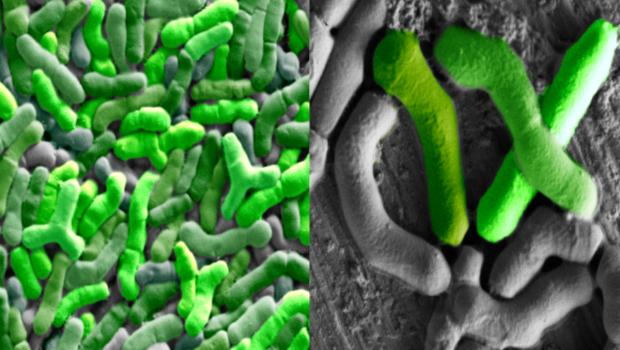
Nestlé, APC Microbiome Ireland begin research partnership
Nestlé and APC Microbiome Ireland (APC), a Science Foundation Ireland Research Centre, have announced a new collaboration focussing on various aspects of the human microbiome that could ultimately benefit new product development with the potential to improve human health and wellness.
The project will be led by APC principal investigators Prof Catherine Stanton, senior principal research officer in the Teagasc Food Biosciences department and research professor in UCC, and Prof Paul Ross, director of APC and faculty in the School of Microbiology, UCC. With the funding contribution from Nestlé, the project will recruit two PhD students who will be based in Teagasc Moorepark.
The new collaboratiom will explore new opportunities to strengthen our portfolio of infant and maternal nutrition products, building on our understanding of the human microbiome.
Jonathan O’Regan, head of Nestlé’s R&D facility in Askeaton, Co Limerick, said: “Microbes are critical contributors to human health, they protect us against pathogens, help our immune system develop, and enable us to digest food to produce energy. This collaboration with APC which is a global leader in microbiome research is an opportunity for us to deepen our knowledge for future product development.”
Paul Ross, director of APC Microbiome Ireland, said: “This is an exciting project and we are delighted to team up with Nestlé again on this innovative research. It underlines APC’s world-class credentials as a leader in the microbiome research arena and how we can help leading global food and nutrition companies like Nestlé develop products with health benefits.”
APC Microbiome has made several landmark discoveries and has published more than 3,000 research articles in peer-reviewed journals. Its recent areas of research include the development of new diagnostics or biomarkers of health or risk of disease such as colon cancer; an exploration of the mechanisms by which the microbiota may be favourably mobilised or manipulated to promote health; and ‘mining’ the microbiota for new drugs and functional food ingredients.
TechCentral Reporters







Subscribers 0
Fans 0
Followers 0
Followers